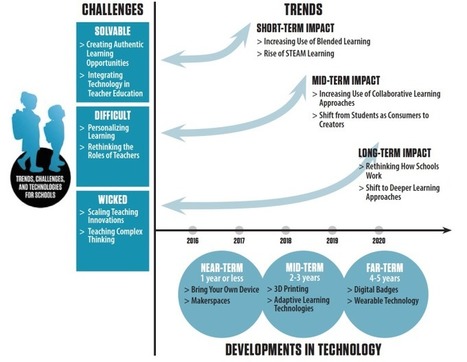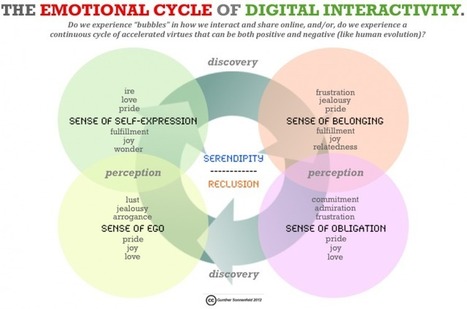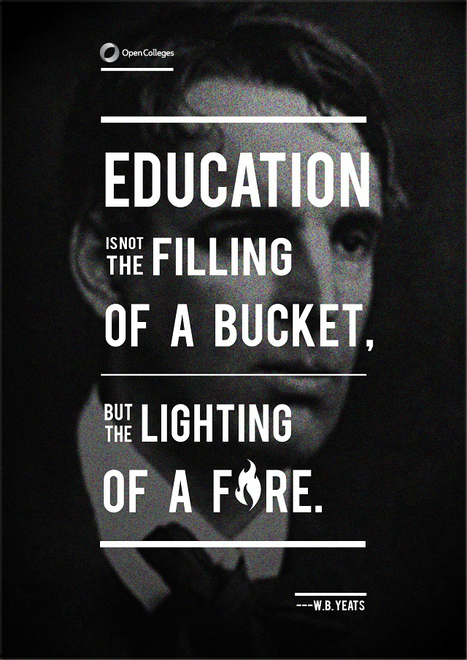Assistant Professor of Education at Michigan State University, Christine Greenhow, conducted a study titled “Twitteracy: Tweeting is a New Literary Practice.” In it, she found that college students who tweet as part of their instruction are more engaged with the course content, the teacher, other students, and they have higher grades.
“Tweeting can be thought of as a new literary practice,” said Greenhow, who also studies the growing use of social media among high-schoolers. “It’s changing the way we experience what we read and what we write.” “The students get more engaged because they feel it is connected to something real, that it’s not just learning for the sake of learning,” Greenhow said. “It feels authentic to them.”
“One of the ways we judge whether something is a new literary form or a new form of communication is whether it makes new social acts possible that weren’t possible before,” Greenhow said. “Has Twitter changed social practices and the way we communicate? I would say it has.”
===> The study appears in the research journal Educational Forum. <===
Read more, a MUST:
http://edudemic.com/2012/10/its-official-using-twitter-makes-students-more-engaged/
Via
Gust MEES



 Your new post is loading...
Your new post is loading...















Learn more:
https://gustmees.wordpress.com/2015/07/19/learning-path-for-professional-21st-century-learning-by-ict-practice/
.
https://gustmees.wordpress.com/2014/07/10/education-collaboration-and-coaching-the-future/
.
https://gustmees.wordpress.com/2013/12/21/privacy-in-the-digital-world-shouldnt-we-talk-about-it/
.
Learn more:
https://gustmees.wordpress.com/2015/07/19/learning-path-for-professional-21st-century-learning-by-ict-practice/
.
https://gustmees.wordpress.com/2014/07/10/education-collaboration-and-coaching-the-future/
.
https://gustmees.wordpress.com/2013/12/21/privacy-in-the-digital-world-shouldnt-we-talk-about-it/
.